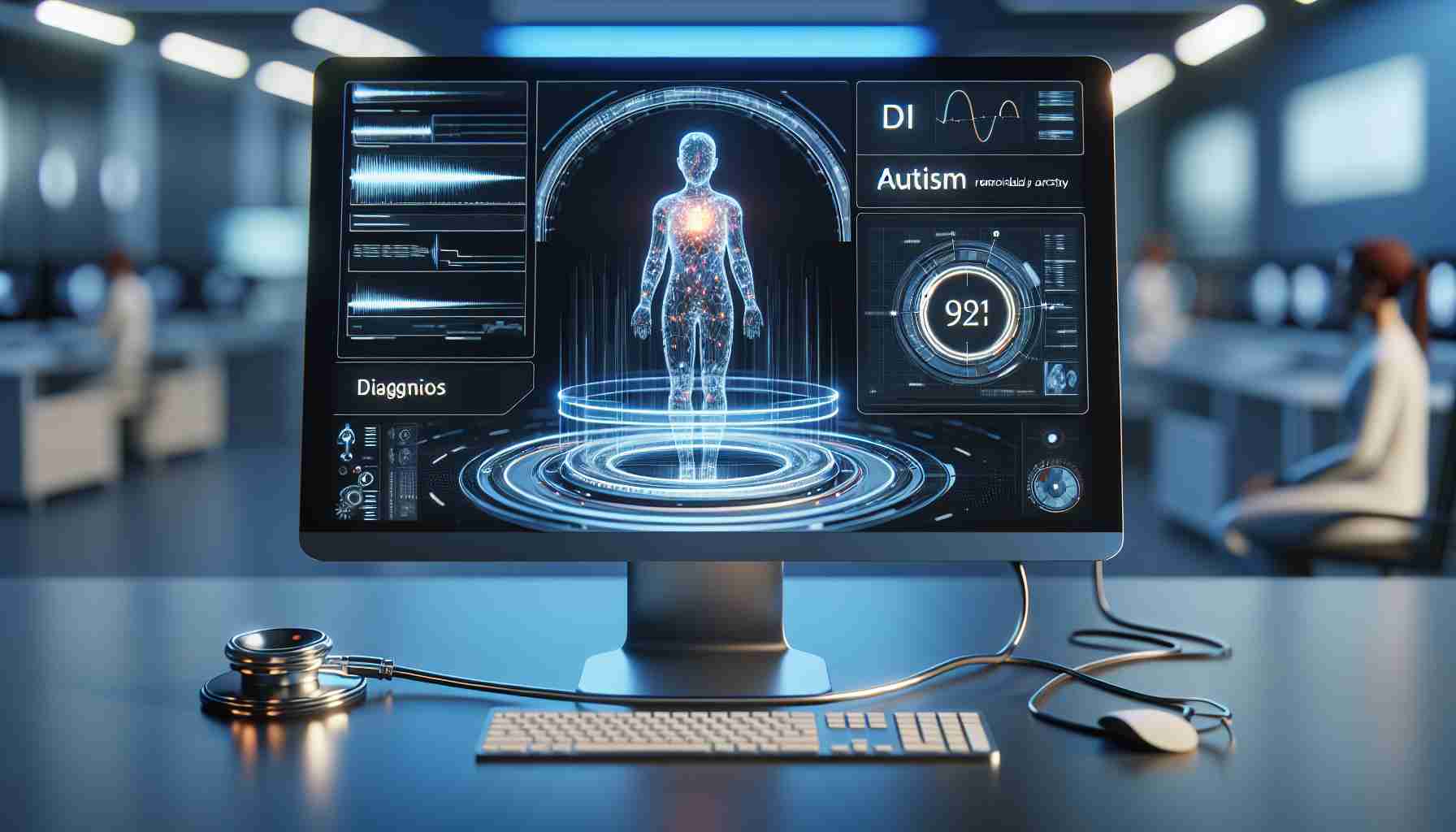A groundbreaking artificial intelligence system has been developed by a team at the University of Louisville, which can diagnose autism in infants between 24 to 48 months with a remarkable 98.5% accuracy. The system utilizes unique MRI imaging to accomplish this feat. The findings, led by neurology professor Gregory N. Barnes, who is also the director of the Norton Children’s Autism Center, were unveiled at the annual meeting of the Radiological Society of North America (RSNA 2023), held in Chicago from November 26 to November 30.
The innovative algorithm, according to university member Mohamed Khudri, is trained to spot the distinctive differences in brain patterns between children with typical development and those with autism. Based on these observations, the AI system is then able to provide a diagnosis. This significant technological advance holds promise for enhancing the early detection and intervention strategies in pediatric healthcare, potentially transforming the lives of numerous families and children with autism spectrum disorders.
Importance of Early Diagnosis of Autism
Early diagnosis of autism is critical as it allows for early intervention, which can significantly improve the child’s long-term development and quality of life. Timely therapy can enhance communication skills, reduce symptoms of autism, and help in the development of social skills.
Questions and Answers
Q: What alternative methods exist for diagnosing autism in young children?
A: Currently, autism diagnosis predominantly relies on behavioral assessments and developmental screenings by medical professionals, such as pediatricians, psychologists, and speech therapists.
Q: Can this AI system replace the need for professional diagnosis?
A: While highly accurate, this AI system is intended to augment and not replace the thorough evaluations performed by specialized healthcare providers.
Key Challenges and Controversies
The interpretation of MRI images in young children’s brains can be complex, and the process of developing and training the AI algorithm requires large datasets which are not always easy to obtain. Privacy concerns and ethical questions regarding machine decision-making in healthcare are also part of ongoing controversies.
Advantages
– High accuracy rate (98.5%) could lead to faster diagnosis than current methods
– Non-invasive method using MRI imaging
– Could facilitate early intervention strategies and personalized care
Disadvantages
– MRI scans can be expensive and are not always readily available globally
– Requires sophisticated technology and AI, which may not be accessible in lower-resource settings
– Risk of overreliance on technology without contextual clinical judgment
For more information about AI and healthcare developments, you can check out reputable general technology and health news sources such as
TechCrunch or
National Institutes of Health (NIH).
Currently, no specific treatments or interventions for autism can reverse the condition, but various strategies such as behavioral therapy, speech therapy, and occupational therapy can support individuals with ASD to improve their functional abilities. The AI system described in the article could potentially make it easier to identify individuals who may benefit from these interventions at an earlier stage.

